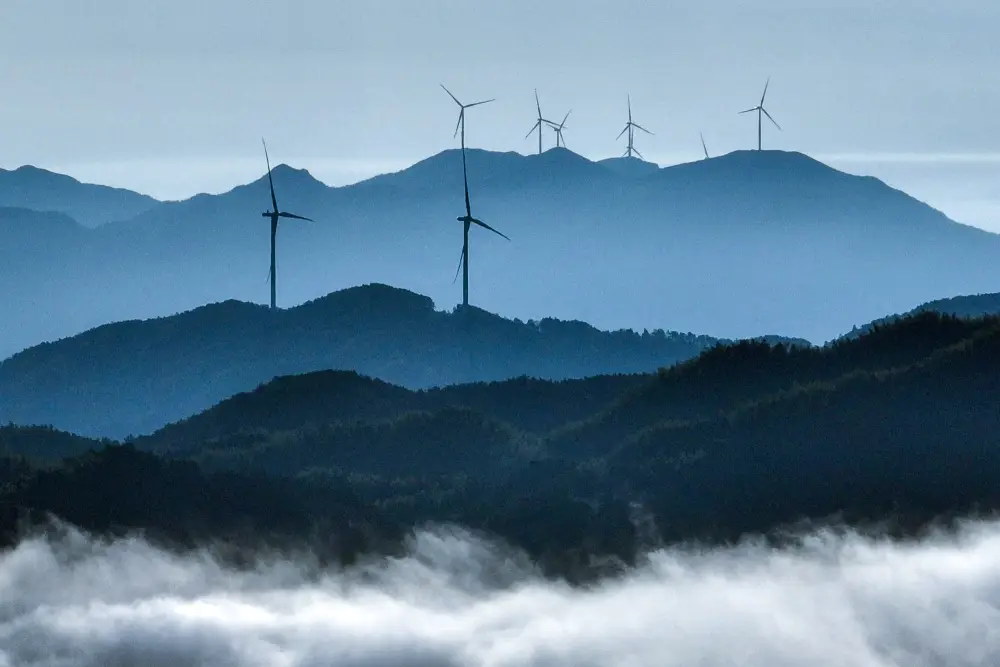
Anthropic cảnh báo Mỹ có thể thua AI vì thiếu điện: Trung Quốc tăng công suất gấp 10 lần
-
Công ty AI Anthropic (cha đẻ của Claude) vừa công bố báo cáo cảnh báo rằng Mỹ đang tụt hậu nghiêm trọng so với Trung Quốc về năng lượng – yếu tố then chốt trong phát triển trí tuệ nhân tạo.
-
Trong năm 2024, Trung Quốc đã bổ sung 400 gigawatt công suất điện, trong khi Mỹ chỉ bổ sung "vài chục" gigawatt – tương đương 1/10 công suất mới của Trung Quốc.
-
Anthropic cho biết AI tại Mỹ sẽ cần ít nhất 50 gigawatt điện vào năm 2028 để đáp ứng nhu cầu huấn luyện và chạy mô hình, nhưng tiến độ xây dựng hạ tầng hiện không theo kịp.
-
Trung Quốc đang đầu tư mạnh vào hạ tầng năng lượng AI, bao gồm các trung tâm dữ liệu và nguồn điện phục vụ AI – thay vì chỉ tập trung vào phần cứng như chip bán dẫn như Mỹ.
-
Google, Tesla (Elon Musk), và Bank of America cũng đều lên tiếng cảnh báo Mỹ đang đối mặt với “khủng hoảng công suất điện” giữa làn sóng phát triển AI bùng nổ.
-
Trung Quốc vừa công bố dự án siêu đập ở Tây Tạng trị giá 1.2 nghìn tỷ Nhân dân tệ (167 tỷ USD), dự kiến tạo ra 300.000 GWh/năm – trở thành nhà máy thủy điện lớn nhất thế giới.
-
Trong năm 2024, Trung Quốc chiếm 71% tăng trưởng thủy điện toàn cầu và bổ sung điện mặt trời, điện gió nhiều hơn phần còn lại của thế giới cộng lại (theo think tank Ember, Anh).
-
Anthropic cho rằng Mỹ đang bị kìm hãm bởi các thủ tục hành chính như xin phép xây dựng đường truyền tải điện và kết nối mạng lưới – trong khi Trung Quốc xử lý nhanh hơn nhiều.
-
Elon Musk dự báo Mỹ sẽ thiếu điện nghiêm trọng phục vụ AI vào giữa năm 2026 nếu không hành động kịp thời.
-
Anthropic kêu gọi chính phủ Mỹ "cắt giảm thủ tục hành chính" để đẩy nhanh phát triển năng lượng, nếu không muốn bị Trung Quốc vượt mặt trong lĩnh vực AI chiến lược toàn cầu.
📌 Anthropic cảnh báo Mỹ chỉ bổ sung vài chục gigawatt công suất điện trong năm 2024, thấp hơn 10 lần so với Trung Quốc. Với nhu cầu AI tăng vọt, Mỹ có thể không đủ điện cho đến năm 2028 nếu không cải cách quy định xây dựng hạ tầng. Trong khi đó, Trung Quốc đang bứt phá với siêu đập trị giá 167 tỷ USD và dẫn đầu toàn cầu về năng lượng sạch.
https://www.scmp.com/tech/tech-war/article/3319241/china-powers-ahead-ai-race-us-struggles-energy-constraints-anthropic-says
China powers ahead in AI race as US struggles with energy constraints, Anthropic says
Thảo luận
Follow Us
Tin phổ biến



